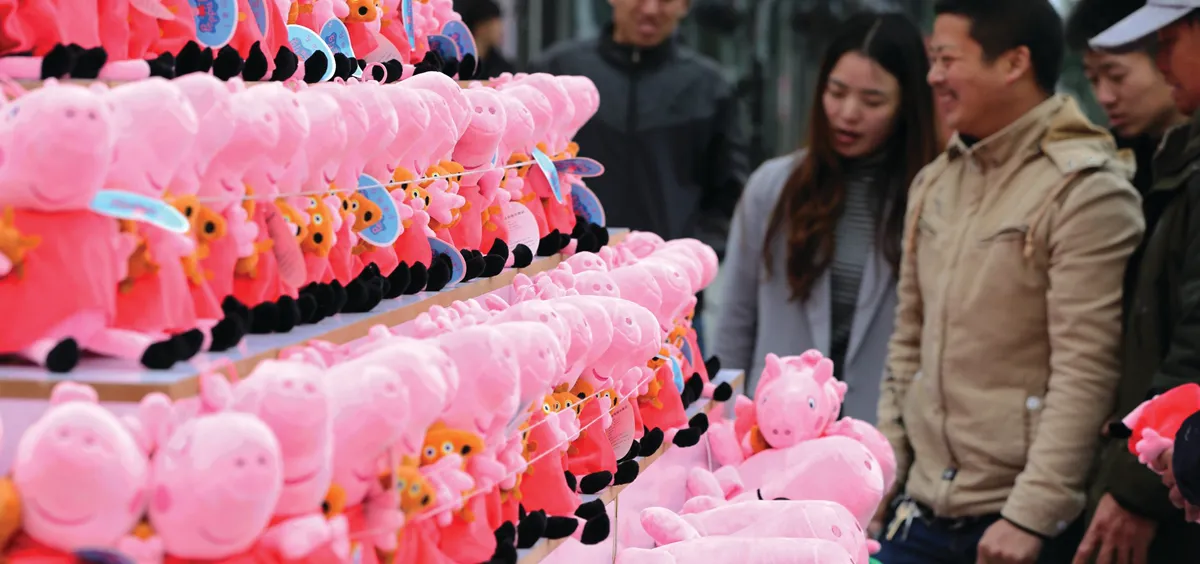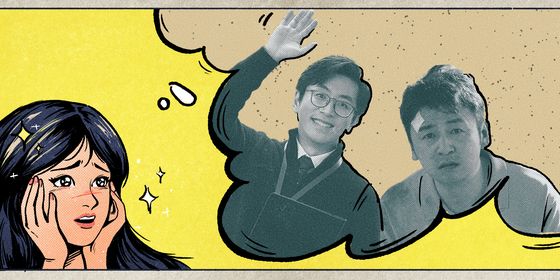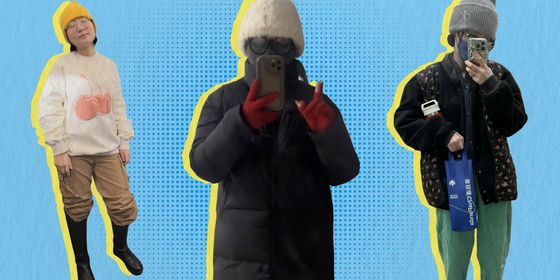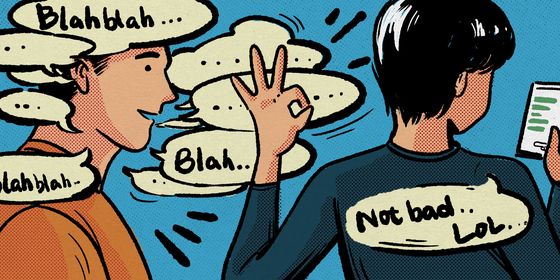Porcine BBC children’s icon falls foul of overzealous censors
She may be one of the BBC’s most popular cultural exports to China since Sherlock, but the beloved children’s character Peppa Pig’s goose was nearly—on the internet, at least. Or was it?
Peppa’s rise began when she was seen as a good tool for young children to learn English while having fun. In April, Shanghai media group The Paper’s affiliate Sixth Tone reported that Peppa was “a lady in the sty and a thug in the streets” who had transcended her children’s TV roots to “become the topic of countless memes, jokes, and short videos…Peppa mania has reached new viral heights, with many millennial celebrities showing off their Peppa Pig merchandise and even tattoos.”
Other newspaper, though, worriedly reported that Chinese parents had said their children were starting to imitate the pink personality by oinking like a pig, jumping into puddles, and generally behaving as children are wont to do.
Then came reports that the piglet had been adopted by shehuiren (社会人, “society person”) as a cultural icon, with memes like “Tattoos on Peppa, claps for fella” supposedly undermining society. As an in-depth report by the Global Times explained, shehuiren are “people who run counter to the mainstream value and are usually poorly educated with no stable job. They are unruly slackers roaming around and the antithesis of the young generation the Party tries to cultivate.”
Perhaps sensing an incoming government smack-down, similar to ones delivered to a variety of popular live-streaming and humor apps in recent few weeks—which have been forced to remove content deemed “vulgar,” lacking “positive energy,” and in defiance of “core socialist values,” then issue humbling apologies to the relevant organs—popular video-sharing app Douyin (aka Tik Tok) stepped in to give Peppa the push.
Hashtags, videos, and searches for the rebel runt were banned from the app, as users scratched their heads and wondered what farmyard foolery had prompted the sudden ban. Experts point to a widespread paranoia in the tech community about getting on the wrong side of the censors invisible red lines, and risking active censure—Weibo recently caused outrage by banning all LGBT content, for example, which prompted a People’s Daily editorial in rebuke. The fear has manifested itself as what some joke to be “survival desire” (求生欲)—the paranoid urge to do whatever it takes to stay online.
The other reason for any ban—which Douyin now disputes ever happened—would be a more traditional one, the age-old culture clash between the old (who puzzle over memes, complain about lack of piety, and don’t get pop culture) and the young (who just want to have fun). In the face of such obvious mockery and misunderstanding, the controversy was settled after a week, but for a brief moment, it seemed this Peppa Pig was just too salty for the state.
Salty Peppa is a story from our issue, “Vital Signs.” To read the entire issue, become a subscriber and receive the full magazine.












